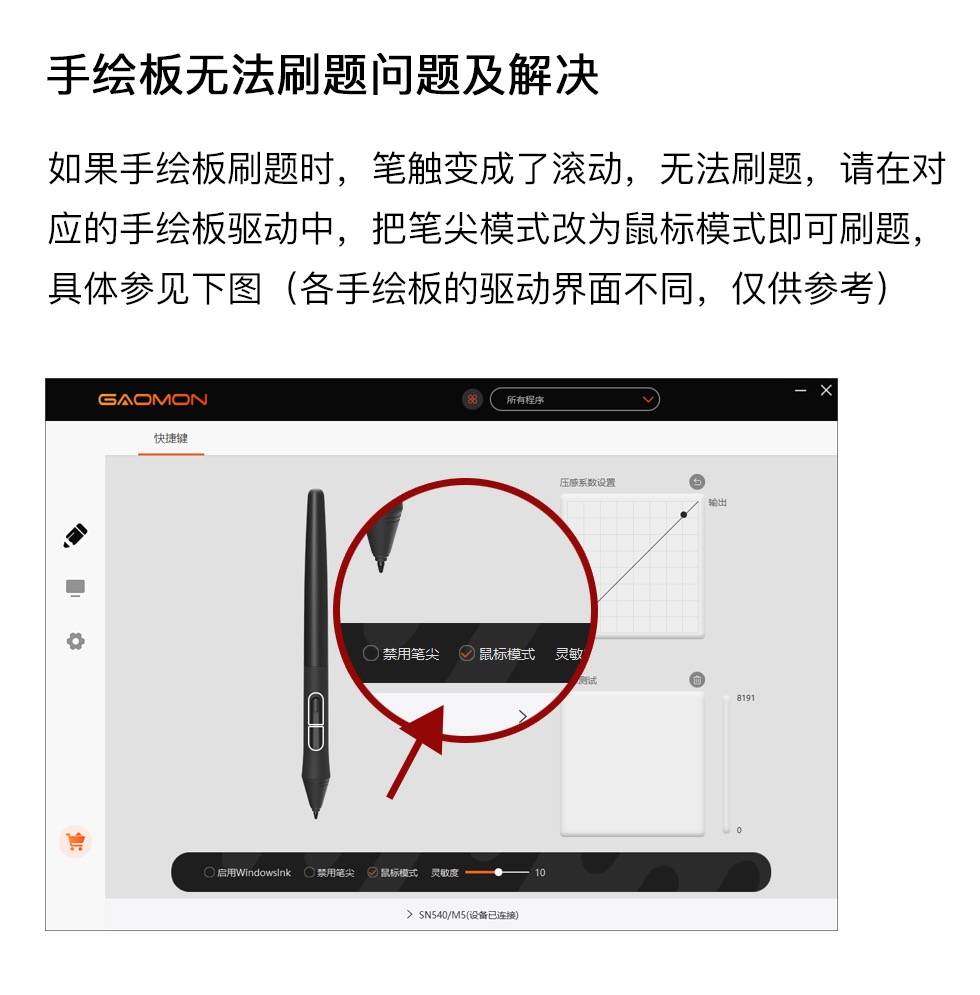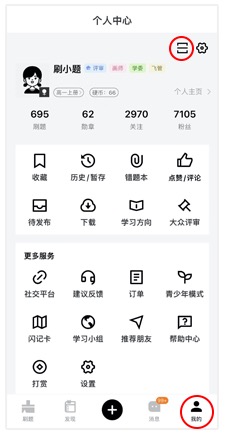— _______.I will be on holiday in Lijiang by then.

—Sorry. I didn't know you were passing by.

—Yes, I think so.

—He was just too nervous.



— Sorry. I will remember to speak in _______ lower voice.


— Sorry, I _______ it.



—Sorry. I won't.


— Of course._____________________.


Jim is interested in reading. One day, he wants to borrow a book from the1. He goes there2Jack. They can't see 3 assistants there, only some robots standing there. Then Jim says to one of 4 , “Hey, give me a book.” But the robot 5 work. “What's wrong6 the robot?” he asks Jack. Jack tells him, “When you want to a7 something from somebody, you must 8'please' first.” So Jim says, “Please 9 me a book, Mr Robot.” Then the robot brings him the book. But again, Jim can't take the book out of the robot's hands. Jack says, “You must say 'Thank you' before you take the book.”10 Jim says “Oh, thank you very much, Mr Robot.” Then he gets the book he wants from the robot's hands.

Eating Habits
An important question about eating out is who pays for the meal. If a friend of yours asks you to have lunch with him, you may say something like this, "I'm afraid it'll have to be some place cheap, as I have very little money." The other person may say, "OK, I'll meet you at McDonald's."
This means that the two agree to go Dutch, that is, each person pays for himself. He may also say, "Oh, no. I want to take you to lunch at Johnson's", or "I want you to try the steak (牛排) there. It's great." This means the person wants to pay for both of you. If you feel friendly towards this person, you can go with him and you needn't pay for the meal. You may just say, "Thank you. That would be very nice."
American customs (风俗) about who pays for dates (约会)are much the same as in other parts of the world. In the old days, American women wanted men to pay for all the meals. But, today, a university (大学) girl or a woman in the business world will usually pay her way during the day. If a man asks her to dinner or a dance outside the working hours, it means "come as my guest (客人). "So as you can see, it is a polite thing to make the question clear at the very beginning(开始).
















We think it's ________.

The problem is ________ for them ________.

The children are________ queue________.

Yesterday I met Mr Lee on the street ________.

We must ________.

”Sorry” is a word that people in Britain often say in their daily life.
One day while I was w________ on the street, a young man ran by hurriedly, brushing(轻擦)against my handbag. He continued his way, but turned b________ and said “sorry” to me. Even in a rush, he didn't f________ to say “sorry”. One day, after I bought some bananas, the shopkeeper was passing me the change, but I wasn't ready for it and a coin dropped onto the ground. “Sorry, Madam,” he said w________ bending to pick it up. I was s________why he said “sorry” to me. Another time, I stepped on a man's f________ at the entrance to a cinema. At the same time, we b________ said “sorry”.
Slowly, I got to know that when something unpleasant happens in daily life, the British don't c________ much about who is wrong. If someone is in trouble, a “sorry” is always n________ . Perhaps that is w________I seldom see people quarrel on the buses or streets in Britain.

If you receive an e-mail that looks something like this:
ARE YOU GOING TO CLASS TODAY? How does reading this message make you feel? Why did the sender use all capital letters(大写字母)? Was he or she angry, or did that person just forget to turn off the 'Cap Lock' on the computer? The fact is, this e-mail is usually the way that people shout online. Knowing when and when not to use capital letters is just one example of online etiquette(礼仪) —often called 'netiquette'. Virginia Shea's book, Netiquette, lists a basic set of dos and don'ts for communicating suitably with others on the Internet. Following are some of her suggestions.
First, always remember that you are sending messages to a real person, not just to a computer. Don't type anything that you wouldn't say to someone's face. Also, remember that the person who receives your message cannot hear the tone of your voice, or see the expression on your face, so make sure your meaning is clear.
Don't do anything online that you wouldn't do in real life. Don't take anything without paying for it, unless it's free. Don't use information that someone else has written, and say it's yours. Don't read other people's e-mail—you wouldn't open your next-door neighbor's mailbox and open their mail, right? Do share your knowledge of the Internet with others. It's a big place with lots of information, and there are many new things to discover.
Remember that people judge(判断) you by your words as well as your actions, so try to write well. Good writing skills, as well as correct grammar and spelling, matter(有关系). Send polite, well-written e-mail messages to others. If you're uncertain about how to spell a word or which phrases to use, look it up. There are lots of helpful books and websites.
It's okay to show your ideas online in forums(论坛) like chat room or message boards, but don't start arguments with people. 'Flame wars' in online discussions can be interesting to read, but are often unfair to other members of the group. Express your opinions, but remember that fighting online or offline is just not suitable.
When you're online, just as in 'real' life, try to respect(尊重) other people's space, privacy and feelings. Remember, you are not the only one travelling on this highway!
Netiquette--- a ________ about manners online | |
what to do | Express your meaning ________. |
________ out new things and share your knowledge with others. | |
Send ________, well-written e-mails to others. | |
Respect other people's space, privacy and________. | |
Show your ideas online in forums like chat room or________ boards. | |
________not to do | Don't send all________letters if you don't want to shout online. |
Don't ________ anything you wouldn't say to someone. | |
Don't do anything online that you wouldn't do in ________life. | |
Don't start to argue with people. | |

班级准备举办一个“Good Manners in the UK”的讲座,你准备给其他同学介绍一些关于英国人礼仪方面的事,要点如下。词数在80词左右。
要点:1)英国人第一次和你见面时会问好或握手
2)喜欢谈论天气、假期或其他的话题,避谈年龄、体重;
3)甚至在家时也“请”和“谢”字不离口;
4)吃饭时总是表现得很礼貌,他们会等每个人吃完再离席;
5)这些小建议都对我们很有帮助……






